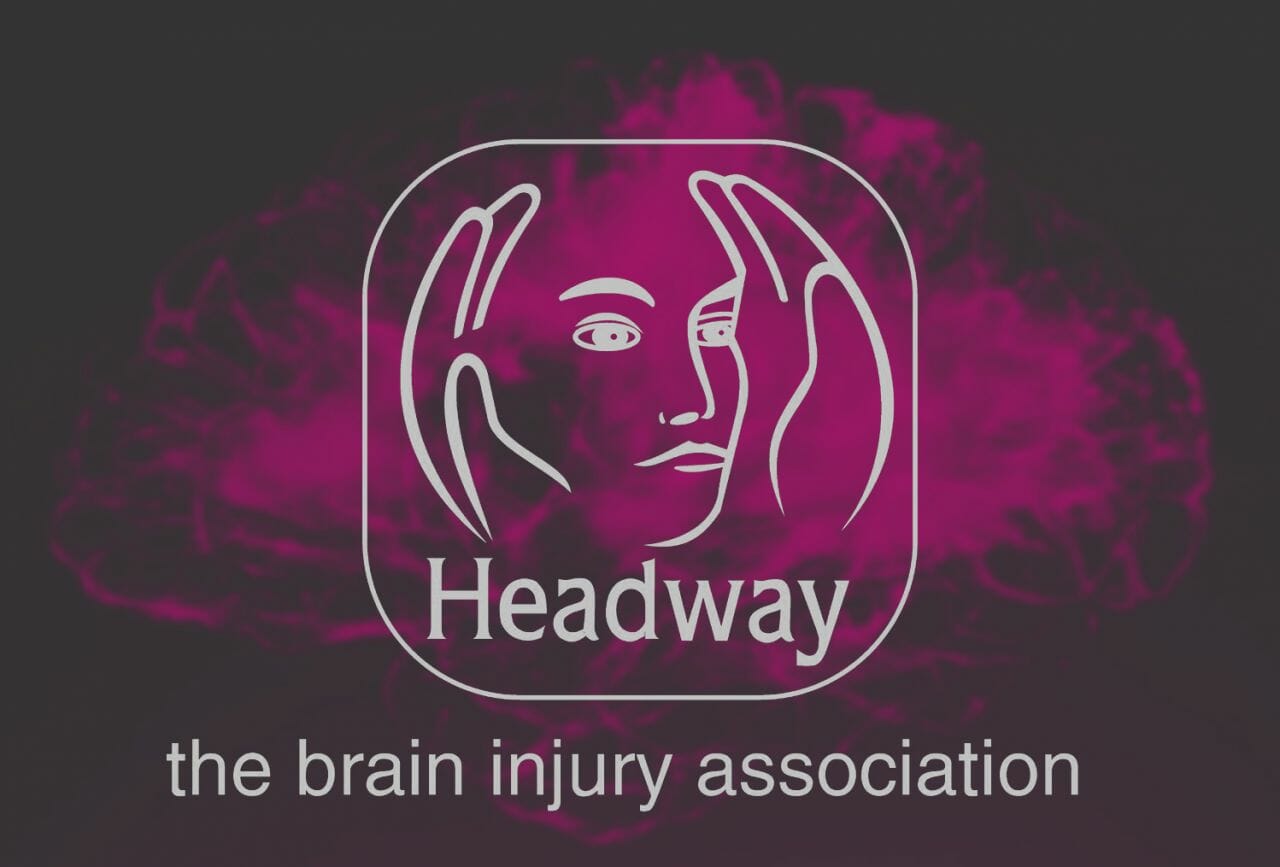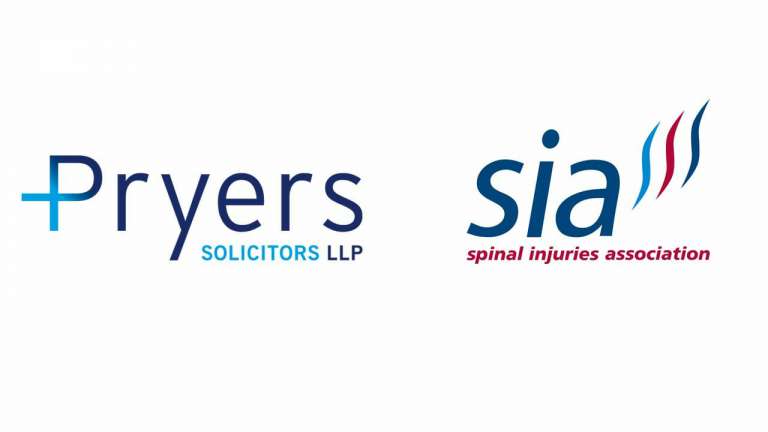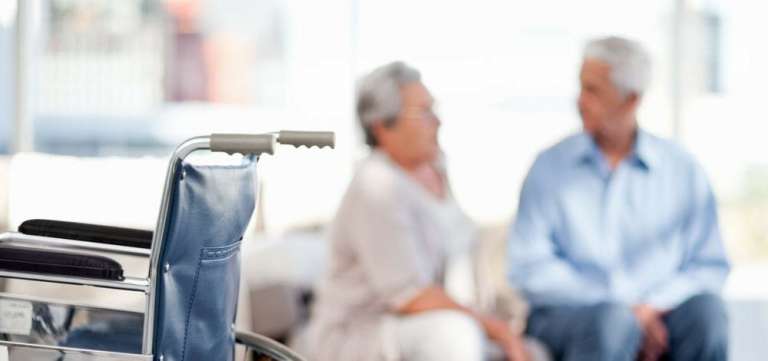We are pleased to be able to support Headway, the brain injury association, who offer support and advice to those with brain injuries. Carmel Walsh, Partner at Pryers, is on the committee of their local branch in York and has shared the following advice to the local members about coping during the coronavirus pandemic.
The health, social and economic impact of coronavirus, or COVID-19, cannot be understated.
We understand that the ever-changing environment, in which social change is happening at an unprecedented pace, is causing significant concern to individuals and families affected by brain injury.
We know that routine can be very important to some people living with the long-term effects of brain injury, with social isolation often exacerbating its behavioural, emotional and psychological effects.
Social isolation can also put great strain on families, particularly if they are poorly and required to self-quarantine for 14 days.
Help is available from Headway
Headway groups and branches have had to suspend many of their face-to-face services in accordance with the government’s advice – but they do have other services available.
Their helpline will remain open to anyone who requires support or information about brain injury. The team cannot answer medical questions about the virus and won’t be able to offer advice on any symptoms related to it, but they can offer reassurance and a friendly voice.
Headway’s online forum, HealthUnlocked, is a community for anyone affected by brain injury. It provides you with a chance to connect and share with people who understand brain injury and its effects in a friendly, safe and mutually supportive environment.
Staying safe
Some groups have a greater chance of severe illness as a result of coronavirus, which affects lungs and airways. These groups include those over the age of 70, people who are pregnant, and those with certain underlying health conditions.
We urge everyone to strictly follow the government’s guidance, including:
- Reduce social interactions as much as possible, following the advice given on the gov.uk website. This includes guidance on living with a vulnerable person, advice for formal carers, and advice for informal carers
- Regular and thorough hand washing with soap and water
- Cough and sneeze into tissues – and then immediately dispose of them
- Do not touch your face with unwashed hands
- Immediately self-isolate, along with all members of your household, if you present any symptoms such as a new continuous cough or a high temperature above 37.8C
- Use the NHS 111 online service if you are unsure of what you should do. People are being advised to not phone 111 or visit their GP
- Look after your wellbeing and mental health. The charity Mind has some useful guidance on its website
Access up-to-date guidance on the following websites:
www.gov.uk/government/topical-events/coronavirus-covid-19-uk-government-response
www.nhs.uk/conditions/coronavirus-covid-19
Please be assured that throughout this period of uncertainty and challenge, help and support is available. You are not alone.





